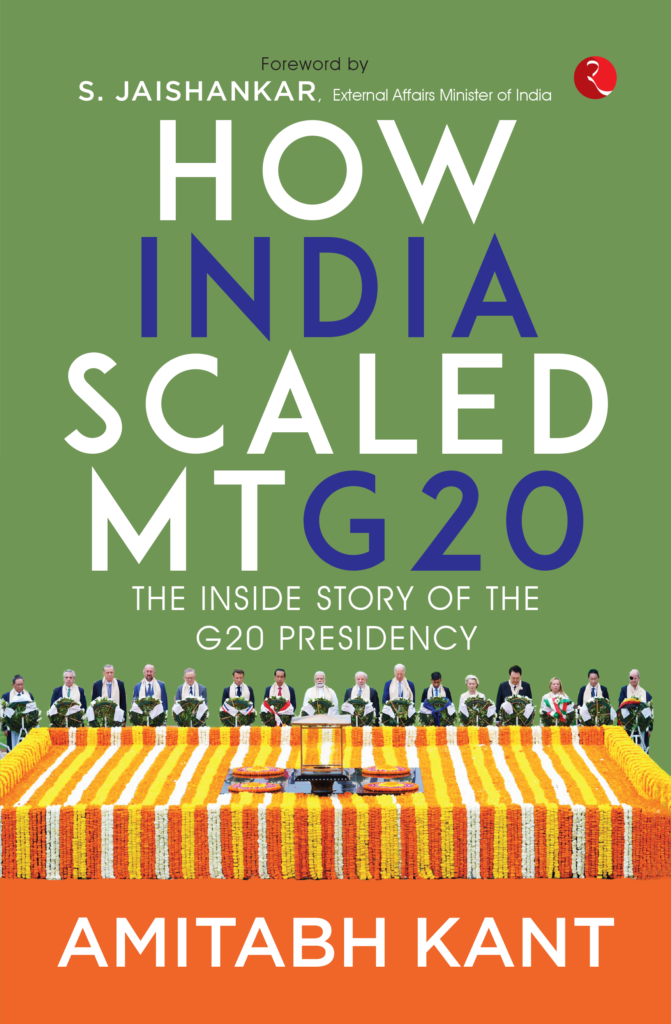
Amitabh Kant’s Book: In his new book, India’s G20 Sherpa Amitabh Kant tells an engrossing behind-the-scenes account of the delicate diplomacy that led to the New Delhi G20 Leaders’ Summit. Published by Rupa Publications, the memoir looks into how India had to steer through the geopolitics minefield of G20 negotiations – be it from resistance from the Russians or Western pressure – all with Prime Minister Narendra Modi steering talks to a successful conclusion.
Resolving Russian Resistance
The most significant hurdle was the insistence of Russia to include the word “sanction” in the G20 declaration. PM Modi remained firm under constant pressure, ensuring that India’s neutrality and strategic objectives were not compromised. Kant reveals that Modi used assertive negotiation tactics and constant communication to convince Russia to reconsider, thus avoiding a stalemate in the final declaration.
According to Kant, “PM Modi was acutely aware of the stakes involved.” He insisted on getting real-time updates every two hours and challenged the team to think strategically and act decisively in order to keep the negotiations on track.
The G7 countries sought to bring Ukraine into the G20 discussions, pressuring India to extend an invitation to Ukrainian President Volodymyr Zelenskyy. However, Modi’s government firmly declined, focusing on limiting participation to G20 leaders. According to Kant, India’s decisive stance was instrumental in maintaining balance among the stakeholders.
“In a critical moment, I informed the Russian negotiator that if they didn’t agree, Zelenskyy would be the first speaker after PM Modi,” Kant recounts. This strategic move eventually led to Russia’s concession, safeguarding the summit’s consensus.
Kant’s book also sheds light on the simmering tensions between China and the United States during the summit. China objected to the 2026 G20 Summit being hosted in the US, citing visa issues for Chinese officials. PM Modi’s deft diplomacy played a crucial role in diffusing the situation, ensuring the summit proceeded without escalation.
The way to the 37-page New Delhi G20 Leaders’ Declaration was arduous, involving more than 300 hours of negotiations and 250 bilateral meetings. According to Kant, this is where relentless efforts have gone into addressing objections and ensuring all parties agreed with the final draft.
The declaration was announced at the start of the summit’s second session, marking a significant diplomatic victory for India. “It was a testament to PM Modi’s exceptional multitasking skills and his ability to manage complex negotiations seamlessly,” Kant observes.
This, beyond the minutest details of the negotiations, underscores the book as critical on the role of leadership in international diplomacy. Leadership in PM Modi has been significant in keeping the strategic position for India and to bring about the consensus of influential nations in the world.
Amitabh Kant’s memoir is both a tribute to India’s diplomatic achievements and an insightful exploration of the challenges of modern global governance. It brings out the importance of strong leadership, meticulous preparation, and the ability to adapt swiftly in navigating the complexities of international relations.
India’s presidency over the G20 Summit has defined a new bench mark in world diplomacy, where Kant’s book is an irreplaceable analysis of the battles fought hard over the event.
